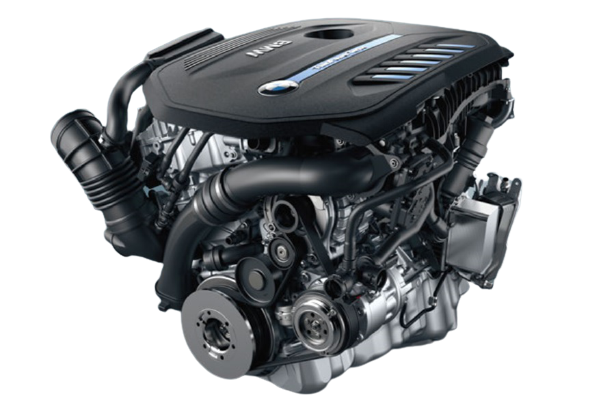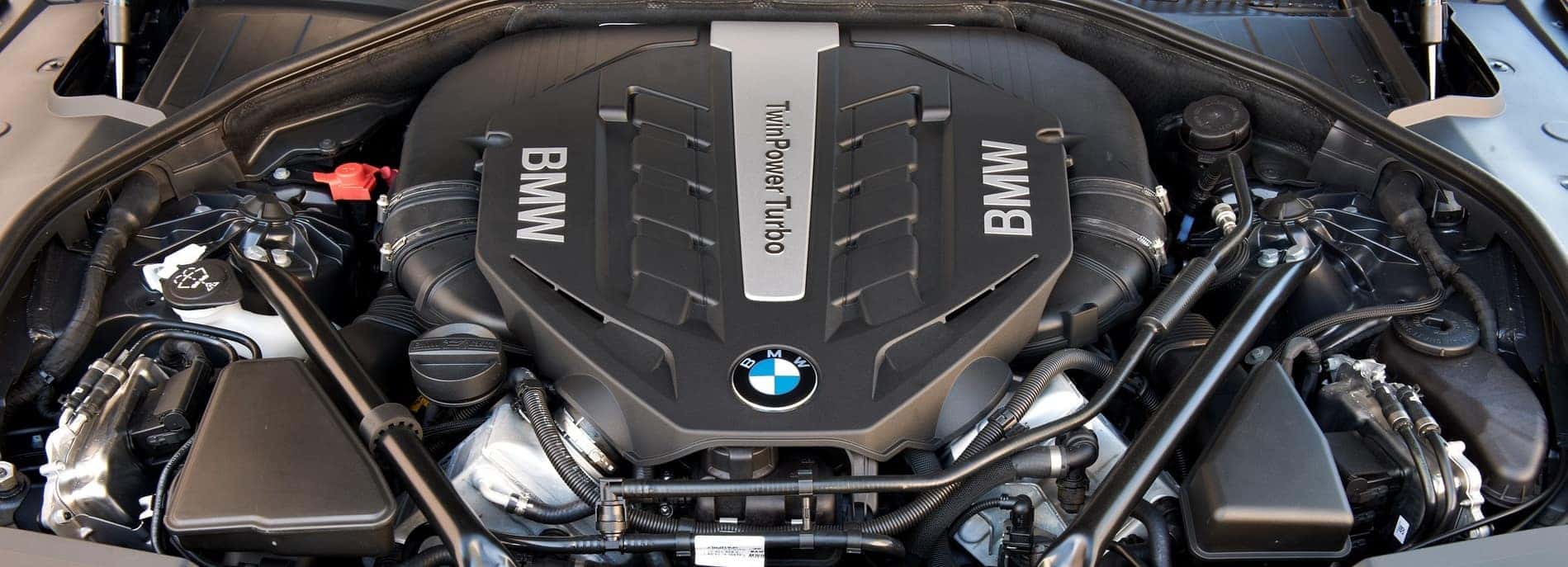Discovering the Efficiency Enhancements of the most up to date BMW Engine Models
Introducing the Intricacies of Next-Generation Power Units: a Deep Study Advanced Engine Styles and Innovations
As we stand on the precipice of a new era in transport, the ins and outs of next-generation engine layouts beckon us to discover the cutting-edge modern technologies and developments that guarantee to redefine the driving experience. Delving deeper right into the worlds of emission control, smart engine administration systems, and the horizon of power device development, we find ourselves on the cusp of a makeover that assures to improve the landscape of movement as we understand it.
Advancement of Engine Materials

The shift towards advanced engine materials has actually additionally allowed designers to develop engines with higher power outputs while keeping fuel performance standards. The use of lightweight products decreases the total weight of the engine, leading to boosted fuel economy and lower exhausts. Additionally, developments in materials innovation have actually permitted far better thermal management within engines, leading to boosted dependability and longevity.
Turbocharging and Supercharging Technologies
Just How do Turbocharging and Supercharging Technologies reinvent engine performance and effectiveness in contemporary automobiles? Turbo charging and turbocharging are technologies that substantially boost engine efficiency by raising the quantity of air intake right into the burning chamber. Turbocharging attains this by using a turbine driven by exhaust gases to pressurize the consumption air, while turbo charging utilizes a belt- or chain-driven compressor to achieve the very same result.
These modern technologies enable smaller sized, a lot more fuel-efficient engines to produce power comparable to larger ones, called downsizing. Forcibly more air right into the cylinders, turbocharging and turbo charging boost burning effectiveness, resulting in increased horse power and torque result without a considerable boost in engine dimension. This leads to far better velocity, towing capacity, and general driving efficiency.
Moreover, turbo charging and turbocharging add to improved gas effectiveness by allowing the usage of smaller sized engines that take in less fuel under typical driving conditions - bmw engine. This mix of improved performance and effectiveness has actually made turbocharging and turbo charging integral parts of many modern-day engine designs
Emission Control and Environmental Impact
With enhancing worldwide concerns pertaining to air top quality and environmental sustainability, the application of exhaust control technologies in vehicles plays an essential duty in reducing hazardous contaminants launched right into the environment. Modern vehicles are furnished with sophisticated exhaust control systems that aid lessen the ecological influence of automobile procedures. Catalytic converters, as an example, are created to convert toxic gases such as carbon monoxide, nitrogen oxides, and hydrocarbons right into less dangerous substances like co2 and water vapor.
Moreover, developments in engine technology, such as the assimilation of exhaust gas pop over here recirculation systems and selective catalytic reduction, have significantly contributed to reducing exhausts. These modern technologies work in tandem to enhance combustion efficiency and lessen the launch of harmful toxins into the air. Furthermore, the development of crossbreed and electric lorries represents a crucial action towards reducing the general environmental footprint of the transport market.
Intelligent Engine Management Systems

Additionally, these systems make it possible for lorries to fulfill rigid discharges criteria without endangering efficiency, providing a more eco pleasant driving experience. The assimilation of artificial knowledge and equipment learning capacities in engine administration systems remains to press the boundaries of what is feasible, leading to additional enhancements in efficiency, reliability, and general lorry efficiency. bmw engine. As auto modern technology advances, smart engine administration systems will play an essential function in shaping the future of transportation in the direction of a much more effective and sustainable direction
Future Trends in Power Unit Development
As smart engine administration systems lead the way for enhanced control and optimization in modern cars, future trends in power unit advancement are poised to redefine the landscape of auto propulsion technologies. These alternative power sources provide improved efficiency and performance while straightening with stringent ecological laws.
An additional considerable fad is the combination of innovative products and producing techniques. Lightweight materials such as carbon fiber and aluminum are being made use of to decrease total car weight, improving gas efficiency and efficiency. Furthermore, developments in 3D printing and additive manufacturing are enabling the production of complicated engine parts with greater precision and longevity.
Additionally, man-made knowledge and artificial intelligence are playing an essential function in optimizing power unit performance. These innovations enable real-time surveillance and adaptive control, resulting in much more reliable and trusted power distribution. Generally, future fads in power device growth are tailored in the direction of sustainability, performance, and efficiency, driving the automotive sector towards a new period of propulsion technologies.

Verdict
To conclude, the improvements in engine materials, turbocharging, exhaust control, and smart administration systems have paved the means for next-generation power systems. These advancements have not just improved performance and performance but also reduced environmental influence. As innovation news remains to evolve, future trends in power unit advancement are most likely to concentrate on additional boosting sustainability and optimizing power outcome. The intricate layouts and developments in modern-day engines showcase the continuous advancement of automotive innovation.
Checking out the modern innovations in engine materials has been essential in boosting the efficiency and efficiency of contemporary engines. Over the years, the development of engine products has actually played an essential function in pushing the limits of what engines can accomplish.The shift towards advanced engine materials has actually additionally made it possible for engineers to design engines with higher power outputs while maintaining fuel efficiency standards.The implementation of intelligent engine management systems in contemporary cars has reinvented the method engines are regulated and enhanced for efficiency and performance. By accumulating information in real-time and analyzing it with advanced algorithms, smart engine management systems can adapt to driving styles, ecological factors, and engine health to maximize power output while reducing fuel usage and discharges.